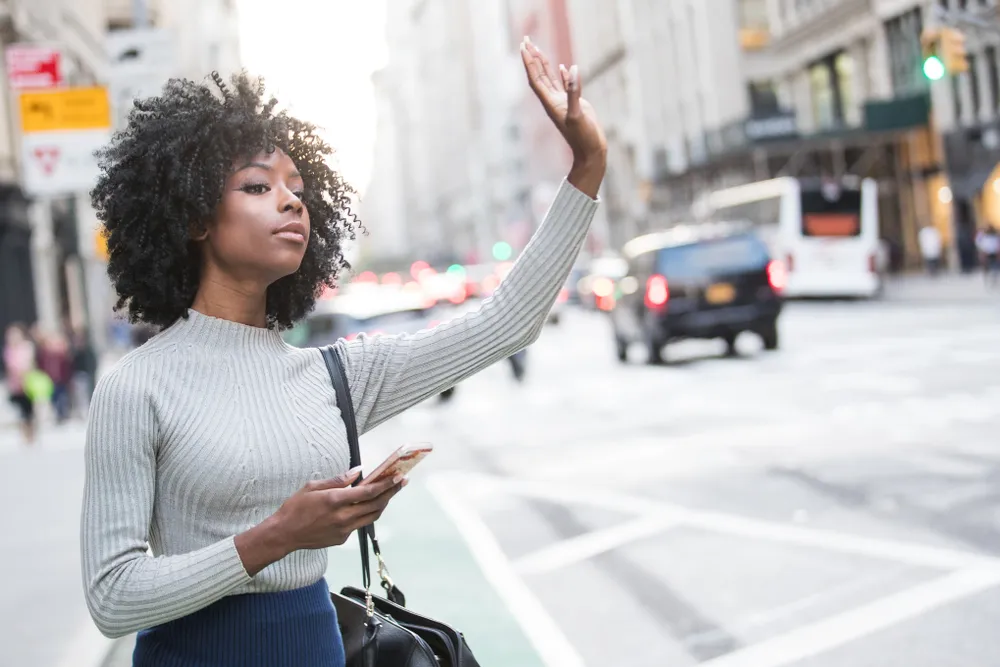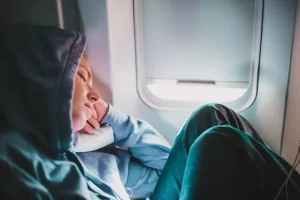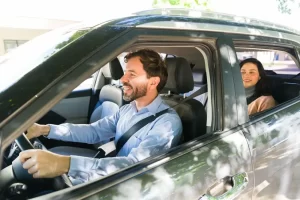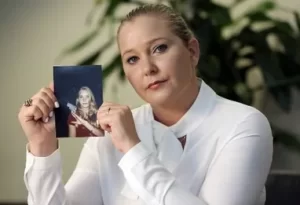As rideshare-related sexual assault lawsuits continue to climb across the country, a new women-only rideshare service is now available in Tucson.
The service, called Alegna, allows Arizona women to request rides from female drivers, an option survivors and advocates have long demanded from major rideshare companies, KOLD 13 News reported Friday.
This launch comes amid growing scrutiny of industry giants like Uber and Lyft. Uber alone faces more than 2,500 active federal lawsuits alleging sexual assault or harassment by drivers or passengers. In many of those cases, courts are allowing evidence that gender-matching—pairing women riders with women drivers—could have prevented the attacks.
In California, hundreds more similar lawsuits are pending in state court. The first Uber sexual assault trial is currently underway in San Francisco Superior Court.
Megan Hjelle, the founder of Alegna, says her motivation came from personal trauma.
“I used other rideshare services. I had a very, very traumatizing experience,” Hjelle said. For years, she avoided rideshares entirely. But after reluctantly returning to one, she said, “Still a little creepy. Just a man asking me questions he shouldn’t have. I came home, I have a little girl, she’s gonna be in this world soon. So I came home and I’m like, we gotta make a change.“
She did exactly that.
Hjelle launched Alegna as Arizona’s first women-only rideshare. It serves Tucson-area clients needing transportation to the airport, medical appointments, concerts, bars, and more. While not an on-demand service like Uber or Lyft, riders can schedule in advance by phone, text, or email.
Alegna’s business model emphasizes safety at every level. Hjelle, who also works in IT security, says she intentionally avoided building an app. “We are all old school,” she said. “We do phone calls, emails, text messages, we try to interact with the client because it does ease some of the tension.”
Drivers undergo background checks that exceed the industry norm. Alegna does not hire anyone with a criminal record, while larger rideshare companies typically only screen the last seven years. Hjelle also screens passengers, turning down rides if she detects any red flags. “Sex trafficking is a big deal,” she said. “That’s one reason I do everything over the phone.”
Many of her clients are older women who’ve lost a partner or stopped driving years ago. Others are college students or young professionals wary after disturbing experiences, especially in the wake of multiple reports of fake rideshare drivers targeting women near the University of Arizona.
“We get so many requests from the students who go to school here, a lot of concerned moms, a lot of concerned dads,” Hjelle said.
Some critics have accused Alegna of “sex discrimination,” but Hjelle says the need for a women-only service outweighs the criticism.
“There is a feeling of security just knowing it’s another woman, and even if you haven’t had a bad experience, it takes a layer of concern out of everything,” she said. “I get emails and texts all the time saying, thank you so much, you have no idea how much stress this has taken off of me.”
While Uber has recently added safety features, such as ride audio recording, PIN verification, and off-course alerts—survivors and advocates say these measures don’t go far enough.
Alegna is currently accepting bookings via phone at 480-878-9501.
If you are a survivor of sexual assault by a rideshare driver, you are not alone. SurvivorsRights.com offers resources, support, and we may help connect you with an attorney who specializes in rideshare abuse cases. You may be eligible to file a lawsuit and seek justice and receive compensation for what you’ve endured.
🔗 Learn about your legal options with Uber
🔗 Learn about your legal options with Lyft




